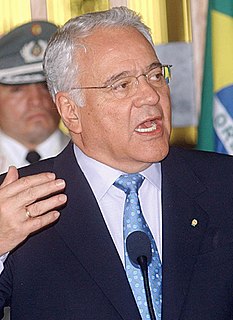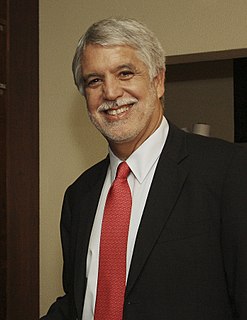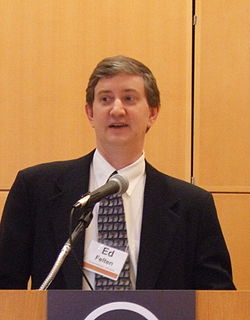Top 1200 Income Distribution Quotes & Sayings
Explore popular Income Distribution quotes.
Last updated on April 14, 2025.
Let's take the nine states that have no income tax and compare them with the nine states with the highest income tax rates in the nation. If you look at the economic metrics over the last decade for both groups, the zero-income-tax-rate states outperform the highest-income-tax-rate states by a fairly sizable amount.
The distribution of wealth is even more unequal than that of income. ...The wealthiest 5% of American households held 54% of all wealth reported in the 1989 survey. Their share rose to 61% in 2010 and reached 63% in 2013. By contrast, the rest of those in the top half of the wealth distribution ?families that in 2013 had a net worth between $81,000 and $1.9 million ?held 43% of wealth in 1989 and only 36% in 2013.
When I started, every film got a full theatrical distribution. Today, almost no low budget films, maybe two or three a year, will get a full theatrical distribution. We've been frozen out of that, which means they must be aware that for a full theatrical distribution it either has to be something like Saw or some exploitation film of today or an extremely well made personal film.
Most intellectuals outside the field of economics show remarkably little interest in learning even the basic fundamentals of economics. Yet they do not hesitate to make sweeping pronouncements about the economy in general, businesses in particular, and the many issues revolving around what is called 'income distribution'.
A better distribution of incomes would increase that efficiency by diverting a great fund of wealth from the useless to the useful members of society. To cut off the income of the useless will not impair their efficiency. They have none to impair. It will, in fact, compel them to acquire a useful function.
The real scientific study of the distribution of wealth has, we must confess, scarcely begun. The conventional academic study of the so-called theory of distribution into rent, interest, wages, and profits is only remotely related to the subject. This subject, the causes and cures for the actual distribution of capital and income among real persons, is one of the many now in need of our best efforts as scientific students of society.
The people who are having the hard time right now are middle-income Americans. Under the president's policies, middle-income Americans have been buried. They're just being crushed. Middle-income Americans have seen their income come down by $4,300. This is a tax in and of itself. I'll call it the economy tax. It's been crushing.
The middle class in the rich countries is where the political game is being played. They are voting in elections in the U.S., U.K., France and Germany. They are working people in the upper part of the global income distribution. They might on average be happy that the Chinese are doing well, but they are not happy that the Chinese are doing well relative to them.
The latest research on social mobility showed that there's a large aggregate decline in the U.S. in your chances of earning more than your parents. But I think where the story becomes more optimistic one is that there are pockets of America, where children from low-income families have significant chances of rising up in the income distribution. This finding of big geographic variation is an encouraging one because it shows that there are places where we see the American Dream thriving and we simply need to understand how can we replicate those successes elsewhere throughout the country.
The Supreme Court consistently favors organized money and the political privileges of the corporate class. We have a Senate that is more responsive to affluent constituents than to middle-class constituents, while the opinions of constituents in the bottom third of income distribution have no apparent effect at all on the Senate's roll call votes.


















































